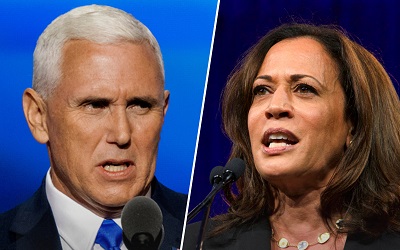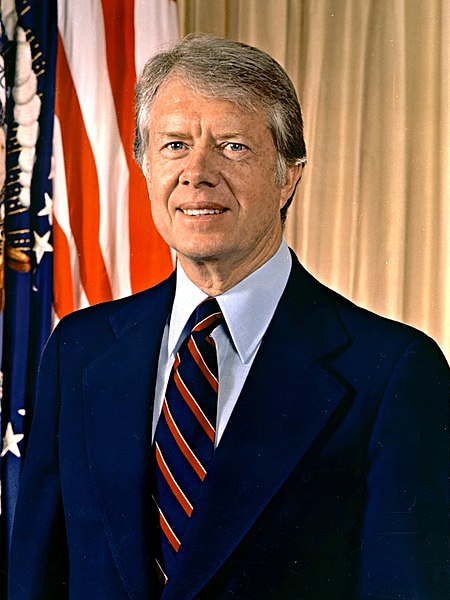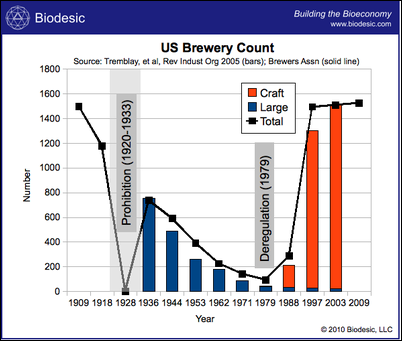For most Americans, the Vice President is seen not only as potentially the next President but also as a fairly significant official in the administration, yet this isn’t the way the job was envisioned by the Founding Fathers, as Glenn Reynolds explains:
Mike Pence is arguing that the Vice President is a legislative, not an executive, officer. Mike Luttig has a piece in the NYT calling that crazy. (Link is to Josh Blackman’s blog post on same. Luttig’s piece is here, but it’s paywalled.)
Well, as it happens, I had a piece on the topic in the NYT over a decade ago, and I’ve also authored a piece in the Northwestern University Law Review on the topic, and I say he’s not crazy.
Nowadays, we tend to think of Vice Presidents – wrongly – as a sort of junior or co-President, but that’s not actually how it works at all. As I wrote in the Northwestern Law Review piece:
The Constitution gives the Vice President no executive powers; the Vice President’s only duties are to preside over the Senate and to become President if the serving President dies or leaves office. Traditionally, what staff, office, and perquisites the Vice President enjoyed came via the Senate; it was not until Spiro Agnew mounted a legislative push that the Vice President got his own budget line. The Vice President really is not an executive official. He or she executes no laws — and is not part of the President’s administration the way that other officials are. The Vice President cannot be fired by the President; as an independently elected officeholder, he can be removed only by Congress via impeachment.
In various cases involving the Executive power, the Supreme Court has placed a lot of weight on the question of whether an official can be fired by the President or not.
Continuing:
Traditionally, Vice Presidents have not done much, which is why the position was famously characterized by Vice President John Nance Garner as “[not] worth a pitcher of warm spit”. That changed when Jimmy Carter gave Fritz Mondale an unusual degree of responsibility, a move replicated in subsequent administrations, particularly under Clinton/Gore and Bush/Cheney.
The expansion of vice presidential power, however, obscures a key point. Whatever executive power a Vice President exercises is exercised because it is delegated by the President, not because the Vice President posesses any executive power already. The Vesting Clause of Article II vests all the executive power in the President, with no residuum left over for anyone else. Constitutionally speaking, the Vice President is not a junior or co-President, but merely a President-in-waiting, notwithstanding recent political trends otherwise. To the extent the President delegates actual power and does not simply accept recommendations for action, the Vice President is exercising executive authority delegated by the President while being immune to removal from office by the President, unlike everyone else who exercises delegated power. The only recourse for the President is withdrawal of the delegation, with instruction to subordinate officials within the Executive Branch not to listen to the Vice President. However, it seems pretty clear that the President is not allowed to delegate executive power to a legislative official, as that would be a separation of powers violation.
The point of my argument there was to note that, by arguing that Vice President Cheney was not subject to the Freedom of Information Act because he was a legislative official, the White House had raised the question of whether President George W. Bush’s extensive delegation of executive powers to Cheney was unconstitutional. (Hence the title, “Is Dick Cheney Unconstitutional?”)






